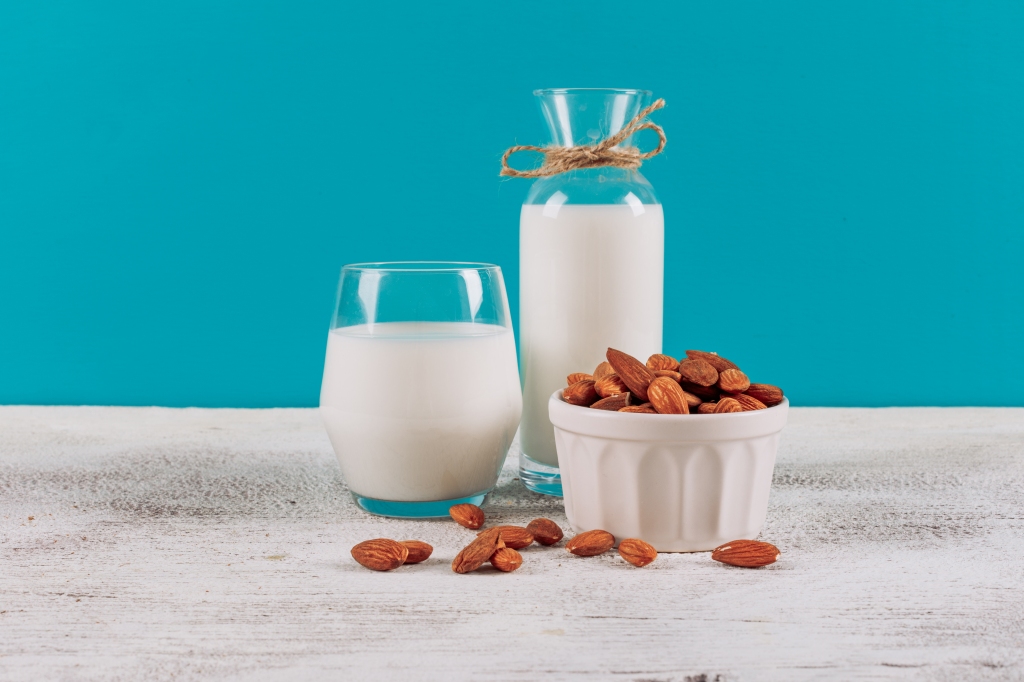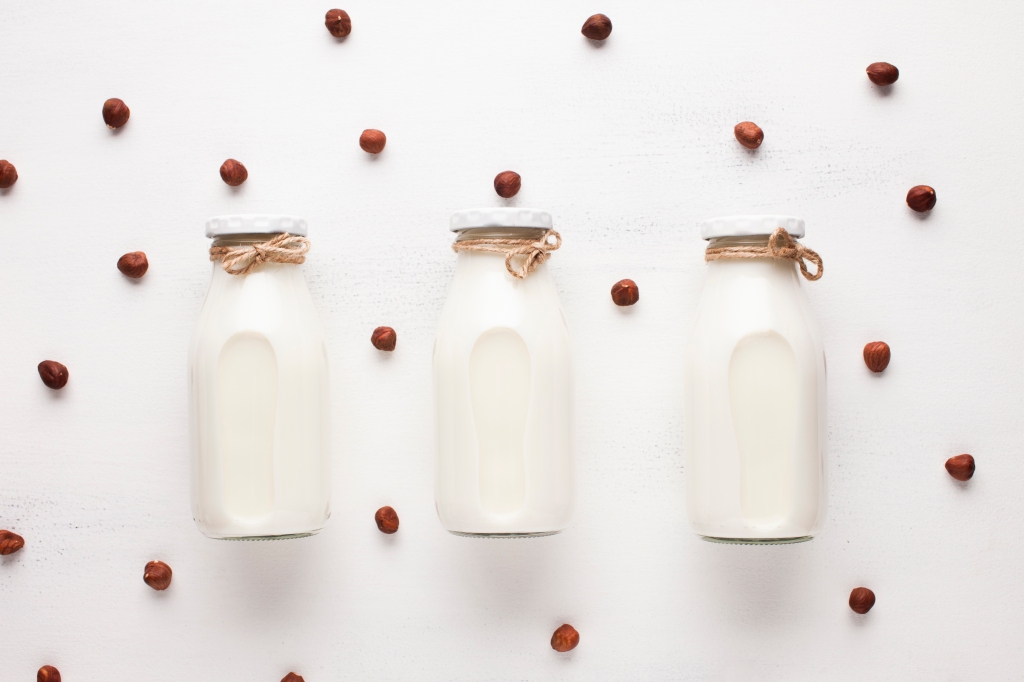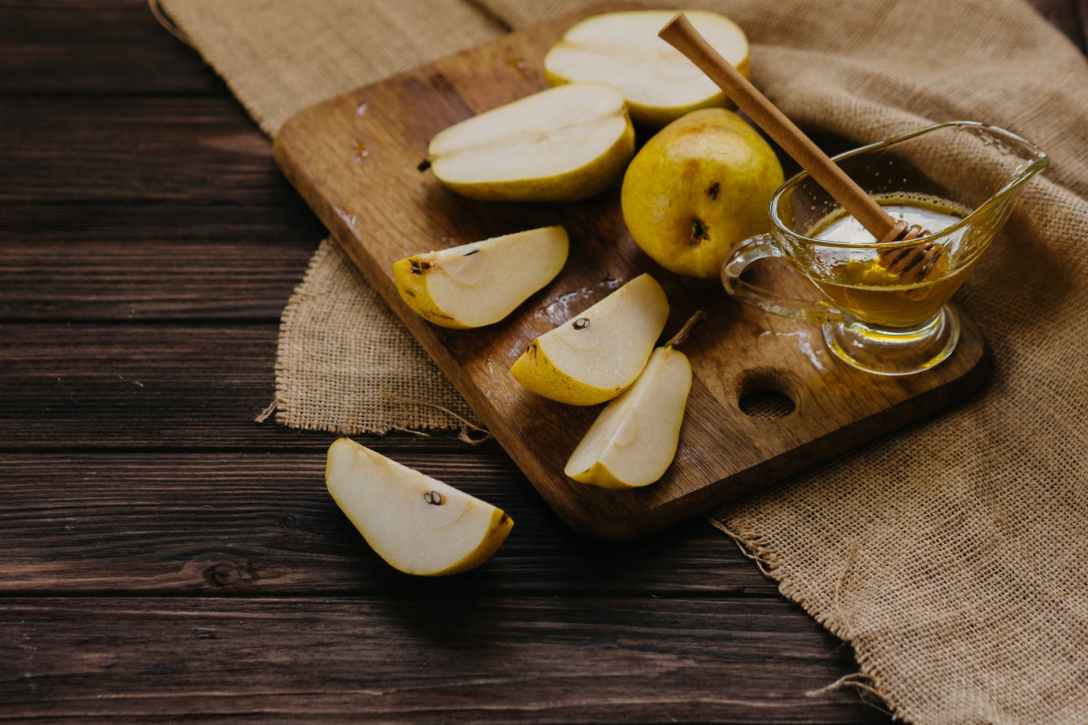While a vegetarian diet does not necessarily require one to go dairy free, some people might want to go vegan with their milk choices. If you do not know about plant-based substitutes for milk or where to start, don’t worry! We got you covered.
Here are some widely available alternatives:
- Almond Milk

Made by blending soaked almonds and straining away the solid, almond milk is a delicious nondairy milk alternative. Almond milk is rich in vitamin E, an important antioxidant that helps lower the risk of health conditions like stroke, heart disease, and cancer.
Note that it is not safe for those with nut allergies.
- Hazel Nut Milk

Good-quality hazelnut milk contains a higher concentration of hazelnuts, making it higher in calories and fat. However, this fat is healthy and monosaturated. It also contains minute amounts of potassium, iron, and calcium. Its rich, creamy, and nutty flavour complements desserts, smoothies, and coffee.
- Oat Milk

Oat milk is higher in carbs than most other kinds of plant milk. The soluble fibre in oat milk offers several health benefits, such as reducing your cholesterol levels and keeping you full for longer. Oat milk is naturally sweet and a bit creamier than other alternatives.
- Soy Milk

Soybeans are an excellent source of complete protein. Its nutritional profile closely resembles cow milk. Soy is apt if you want to avoid dairy but want a milk beverage that is higher in protein. Soy milk may also help lower your cholesterol, blood pressure, and risk of breast cancer.
Besides these, there are many other vegan milk options like potato milk, hemp seed milk, and sesame milk. Scour the web a little to find out which milk suits your needs the best, experiment with it, and have fun!





